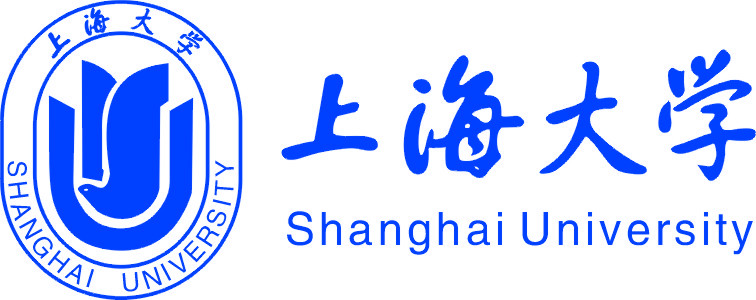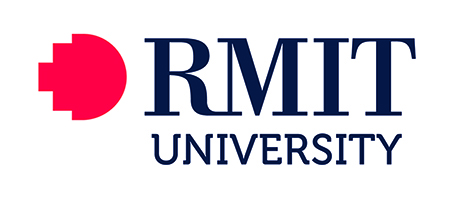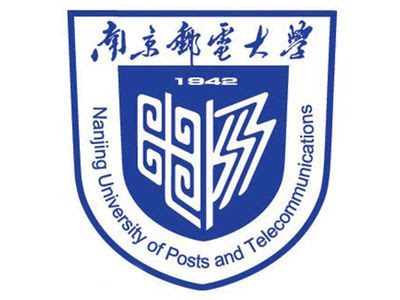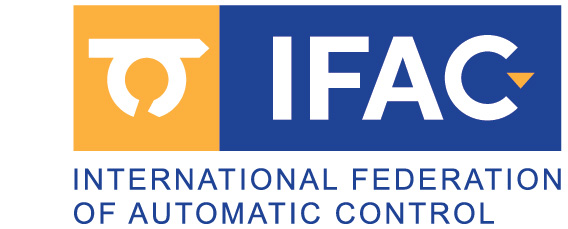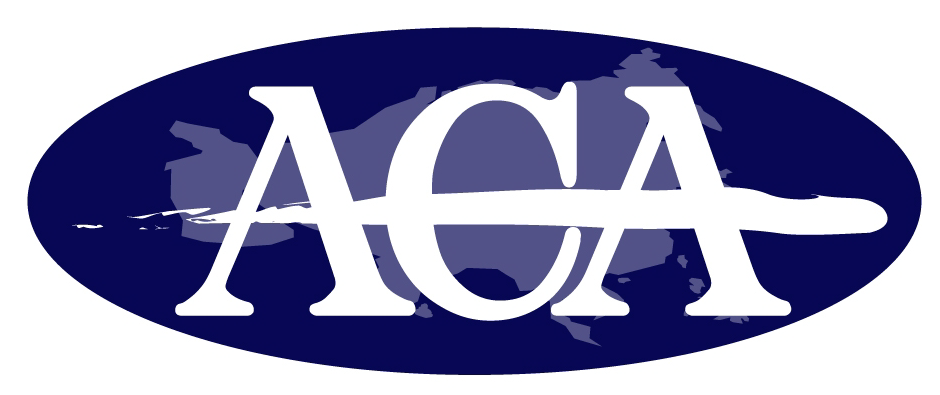DESTINATION – ABOUT MELBOURNE
Melbourne is the capital and most populous city in the state of Victoria, and the second most populous city in Australia. The metropolis is located on Port Phillip Bay, a large natural harbour, with the city centre positioned on the estuary of the Yarra River at the northernmost point of the bay. Often referred to as the “Garden City” and “cultural capital of Australia”, It is also a major centre for contemporary and traditional Australian music. The metropolis is also home to the world’s largest tram network. Melbourne Airport, the main passenger airport, is the second busiest in Australia and the Port of Melbourne is Australia’s busiest seaport for containerised and general cargo.
Melbourne is very much about lifestyle. It is no huge surprise to residents that their city has been ranked as one of the world’s most liveable cities. Melburnians love the city’s vibrant energy, restaurants, fashion boutiques, cafe-filled laneways, cool bars, unbeatable galleries, spacious parks and village-like inner suburbs, each with its own special character. Melbourne is a young city and as such it never sits still. Modern, cutting-edge designs add to the fascinating mix of heritage architecture and ensure the skyline is constantly changing.
Key Information at a Glance
Currency
Decimal currency is used in Australia (AUD) and currency units are dollars and cents. Australian notes are: $100, $50, $20, $10, $5. Coins are: $2, $1, 50, 20, 10, and 5 cents.
Weather
Melbourne’s climate is one that is as changeable as the seasons, so tourists should go prepared for anything, though on the whole Melbourne enjoys warm summers, mild spring and autumn and cool winters.
Like some other parts of Australia, Melbourne experiences a temperate climate which means that it is not prone to dangers such as tropical cyclones, though the unpredictable rainfall is something that can surprise some people.
In December, the first month of the summer, Melbourne experiences an average maximum temperature of 25°C and lows of 14°C. The days are typically sunny with an ocean breeze that lifts the afternoons from the south.
As the weather can be changeable in the summer with short hot periods that end abruptly resulting in a sharp temperature decrease mean that there are often heavy thunderstorms. High levels of humidity aren’t constant, but can make walking around the city somewhat uncomfortable.
Time Zone
Melbourne’s time is 10 hours ahead of GMT.
Quarantine
Australia is free from many plant and animal diseases prevalent in other countries. Very strict quarantine rules apply to the importation of animals and plants which cannot be brought into the country without prior application. Animal and plant products are also restricted.
Health
Vaccinations are not required unless you have come from a yellow fever- infected country zone within six days prior to your arrival. You do not need any other health certificate to enter Australia. Australia has a high standard of hygiene and doctors and dentists are highly trained and hospitals are well equipped. In the event of illness, hotel staff can arrange a doctor for you.
GST Refund Scheme
Australia applies a tax to the purchase of both goods and services called the Goods and Services Tax (GST). The rate of tax that applies to taxable products and services is 10%. Tax is already included in the advertised prices. Non-Australian delegates may be eligible for a refund of GST via the Tourist Refund Scheme.
Travel Insurance
All visitors are encouraged to purchase personal travel insurance to ensure personal coverage in medical, hospitalisation and other unforeseen circumstances during their trip to Australia. The Conference organisers do not take responsibility for any delegate/visitor failing to insure.
Tipping
Tipping is not as widespread or regulated in Australia as it is in other parts of the world. Tipping is your prerogative, a reward for service. It is customary to tip hotel porters, and a gratuity of about 10%is usual in restaurants if good service is received. NO service charge is added to hotel or restaurant bill.
Electricity
The electrical supply is 240 volts, 50 Hz. The connection for appliances is a flat 3-pin plug. Most city hotels provide 110 volts for shavers.
Emergency Phone Number
Ambulance 000
Police 000
Fire Brigade 000
Lifeline 131 114
Lost Property (Police) (03) 9650 7077
Rape Crisis Centre 1800-424-017 (free call)
Centre Against Sexual Assault 1800 806 292 (free call)
Domestic Violence Line 1800 656 463 (24 Hours)
Child Protection 13-2111
Crime Stoppers 1800 333 000
Translating & Interpreting Service 131-450


